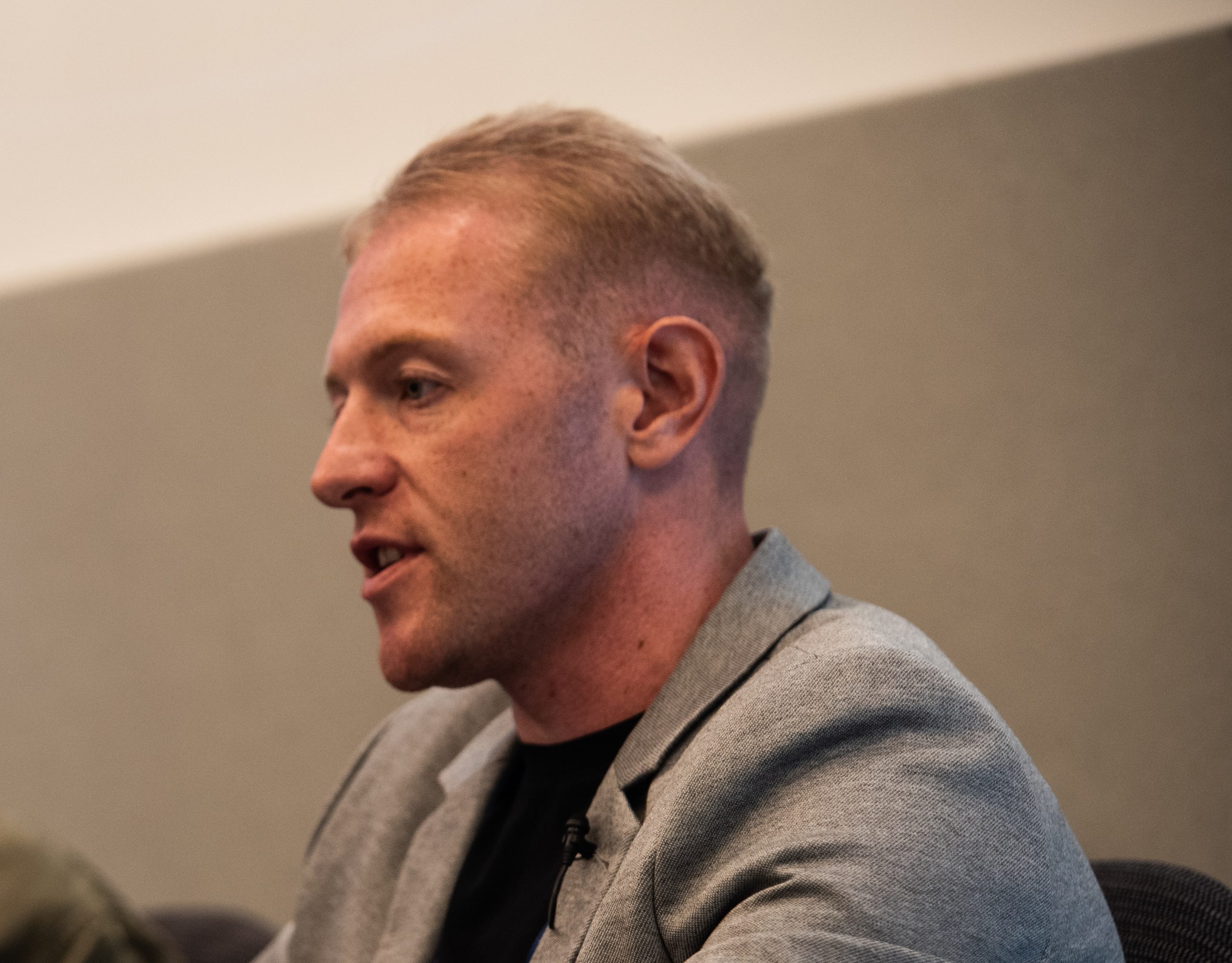Jason Lackey, Marketing Manager at Innopath considers the future for operator-branded app stores
Operators are in a tough position. Voice revenues are declining, yet bandwidth and support costs are rising, putting them in a bit of a bind. But while Smartphones and superphones are creating heavier burdens, they also present new opportunities. One of those opportunities is the App Store. While not the first, Apples effort is the high-water mark of the genre, and represent both a missed opportunity and an extreme threat to the operator.
One of the greatest fears of many operators is that they will become a dumb pipes. In some ways, the Apple/AT&T deal has come to represent the sum of all fears. Control of the handset lies with Apple. Control over updates lies with Apple. Support lies with Apple. Branding and the customer experience are all owned by Apple. Additional revenue in the form of software sales also lies with Apple. Looks like a bit of a disaster for the operator, but what can they do?
One of the things that operators can do is to launch their own app stores. Verizon Wireless is taking this approach and with its app store, Verizon will handle the billing, sharing a generous split with the developer. Verizon-branded handsets – remember, on CDMA networks like Verizon and Sprint, operator-branded devices are pretty much the only option, unlike the inherently more open GSM networks like AT&T, T-Mobile and much of the rest of the world outside North America, including Korea and Japan – will not come with platform app stores out of the box, although a subscriber could download them if so inclined. Of course, with offerings such as Ovi and the Windows Mobile efforts, finding and downloading the app store application is sometimes a lot easier said than done.
Billing relationship
This model is similar to the iTunes/App Store model where the folks running the app store have a pre-existing billing relationship with the subscriber. This provides an advantage, in terms of logistics and execution, when it comes to impulse buys, which are less likely to happen if you have to whip out that credit card and do a lot of awkward input with the limited keyboard of a mobile device. This is an advantage that is not shared by the Platform app stores such as Windows Mobile, Nokias Ovi or the Android Market.
One advantage that Apples approach will have over any operator app store is the fact that Apple is able to reach, more or less, its entire global installed base with a single App Store. This brings critical mass and the potential for very large sales numbers for developers of successful apps. Additionally, Apple has so far managed to avoid fragmentation of the market, such that developers can write an application once and be done with it. Interestingly, it is rumoured that Google is working on an open market Google-branded device, which could help address device fragmentation by providing a referential centre of gravity for development efforts.
In the past, operators such as Verizon may have had something like a unified platform with Brew, but as Smartphones have come to eclipse featurephones running Brew in the hearts and minds of high-value, and increasingly mainstream subscribers, platform fragmentation will be a concern for operators. Again, taking a look at Verizon, not only does it have Brew, but also Windows Mobile, Blackberry/RIM, Android and other platforms to support. While it may have a very large subscriber base, it is fragmented across these several platforms. That said, at least localization and cultural issues dont really come into play, as they would with a global app store such as Apples.
The operators advantage
Indeed, here is where operators have an advantage. While the platform providers have the choice of either facing a global market and installing mechanisms for avoiding offending the easily offended (the number 13 is unlucky in the west, Chinese gamblers dont like the number 4, some colors are bad, some dates unlucky), or of eating the overhead of having multiple sub-stores, each with its own local standards and practices, operators are usually in a better position. By being based in the markets that they serve, they will, by nature, be more in tune with the cultural sensitivities of their subscribers than a remotely-located platform provider is likely to be.
Technological evolution has also helped strengthen the app store. Early iterations were ghastly, grim little WAPpy affairs with a small, sad little assortment of things barely rising above the Hello world muck, unlikely to surprise and delight. Network operators have come a long way. Now app stores usually offer some sort of optimized client, as well as refined, sophisticated web interfaces. The presentation is different, the technologies are different and the subscriber experience is better.
While sideloads (web to PC and over to phone via cable) and http downloads have taken us far, the future of mobile content distribution, like the terminals themselves, is going to be evolving and changing like the world of laptops and PCs. This should come as no surprise, as mobile devices have, in effect, become small computers. Standards for the management and delivery of software Over-The-Air (OTA) are also coming into existence. The Open Mobile Alliance (OMA) defines a standard Software Component Management Object (SCOMO), for doing such things, including the delivery of the bits, as well as later activation and/or removal of applications. Peer-to-Peer networking, including Bit Torrent and other similar mechanisms, provide for massively-scalable, easy-to-implement and cost-effective content distribution networks. Mirroring the transition from sideload to OTA content, support will follow the same model.
Virtuous circle
While it is not entirely clear what the future of the app store will be, it is clear that the mobile subscriber is in for a treat. Better hardware, more capable platforms and a far wider selection of applications are all factors converging to create not only a better end-user experience but also significant opportunity for developers, device makers, platform providers and operators. The coming of the Superphone is creating a virtuous circle, where better devices feed demand for apps, which feed the demand for better devices.
















